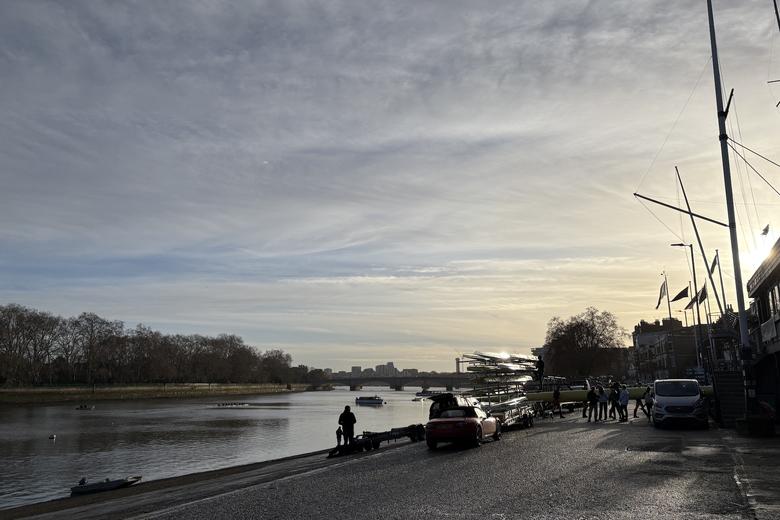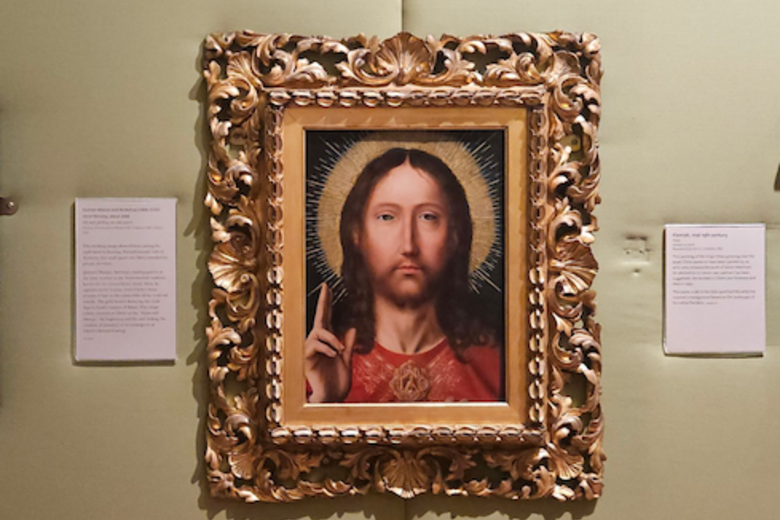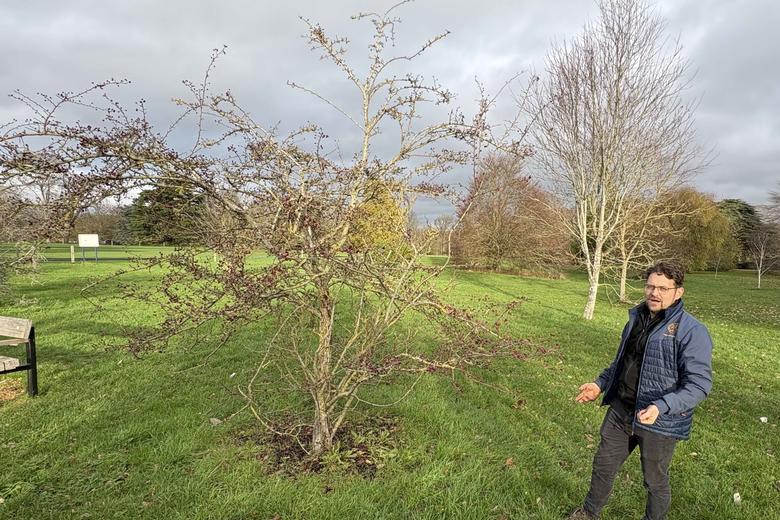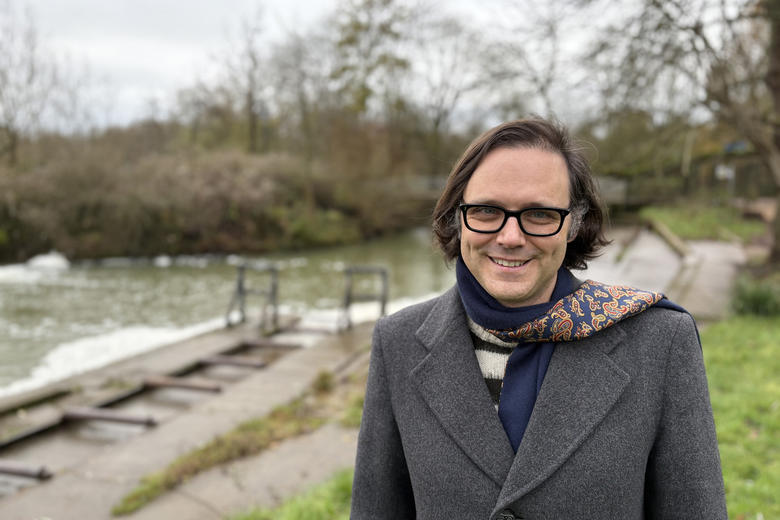MEET A MENTOR: ESME ASH (BRASENOSE, 2013)
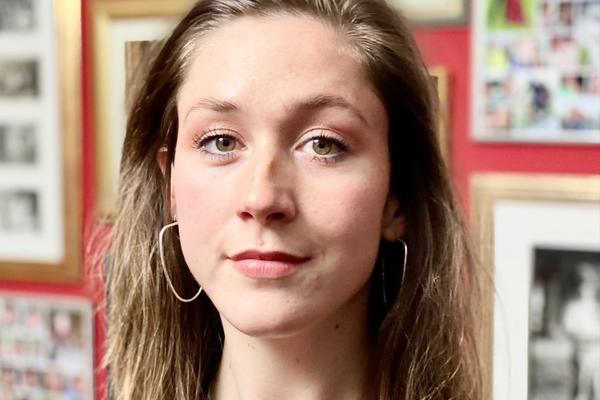
MEET A MENTOR: ESME ASH (BRASENOSE, 2013)
Freelance Assistant Producer Esme talks about her top tips for a career in broadcasting, the greatest challenges in the industry, and how she stands out from the crowd
Published: 6 April 2021
Share this article
Where did you think your BA in History would take you?
I didn’t actually choose to study History with a specific career in mind; you hear the phrase ‘transferable skills’ touted about, but beyond this, there was no particular pull in any direction until later on in my degree. I had chosen History for my love of the subject, and—whether sage advice or not—had been encouraged to choose something I enjoyed. The breadth of skills and experience the degree offered seemed an attractive opportunity to keep career doors open in the meantime.
What triggered your interest in a career in television?
Growing up, I loved watching films and documentaries for what they revealed about people, life and society, beyond your own perspective. Family favourites included Louis Theroux’s Weird Weekends, Storyville and the catalogue of BBC Four features. I was curious about television programmes, the way they were imagined, produced and made. However, I didn’t realise my natural interest could turn into a viable career option until I made an appearance on a televised quiz show where I witnessed the frenzied activity behind the scenes, and the team of people working to bring the programme to air.
I received a welcome nudge in the right direction by a family friend who was an edit producer on history programmes and encouraged me to look into a more creative career. Most of my friends at university were considering the more well-trodden post-Oxford pathways, so it felt like a risk to diverge—but this was all the permission I needed, and I began applying to the BBC’s work experience placements instead.
Since completing the BBC’s Production Trainee Scheme, you have secured back-to-back roles and projects. What do you think has helped you stand out?
If you’re considering a career in television, you’ll know that one of the benefits (or drawbacks depending on how you’re feeling on any given day!) is the short-term nature of the jobs. While it means you’re constantly on the lookout for the next contract, you’re also able to design your own career path. I knew that I wanted to work in observational and investigative documentaries, so the key was building up experience and skills that would lend itself to that style of storytelling. I’ve worked extensively with vulnerable contributors and in difficult, access-based environments, so my CV is tailored for those future opportunities.
It’s also essential to keep in touch with everyone you work with so they know your availability, have an updated copy of your CV on file, and you’re in the front of their mind. It may feel like you are pestering people with emails, but it’s crucial for building up and maintaining a network. Often you might end up getting a job based on a recommendation from someone you worked with before, so it’s just as important as proving yourself on the job!
You are currently working as Assistant Producer on a Netflix documentary series. What does this role entail?
The role of an ‘assistant producer’ can vary hugely from job to job. At the moment, we’re in the preproduction phase of the series and my role comprises working closely with the producer and the director to ‘bottom out’ the story, conducting rigorous research, fact-checking and investigation to shape the editorial through-line for the series. It also involves identifying potential contributors to take part in the series, deciding who the key ‘characters’ will be, and working through different iterations of the shooting script. On a normal shoot, I would also be part of the filming team, but covid protocols have prevented us from travelling abroad. This is an international series, so there will be local teams on the ground, while we direct from a distance. Currently, my role is research-heavy, but can and will change, as we move into shooting and the subsequent edit.
What would be your top tips to other alumni looking to get started on a career in broadcasting?
Firstly, identify what you’re specifically interested in early on. Do you want to be a journalist? An on-camera TV presenter? How about a Producer-Director or DOP for feature documentaries? What genre of programme do you want to explore? My experiences, for example, wouldn’t lend themselves well to working on the next series of Love Island or Strictly Come Dancing. Research the companies that make content you like, and don’t be shy to email them! Apply to entry-level schemes that offer training courses alongside on-the-job experience. Become a runner on a returning format show; they may ask you back for the following series as a researcher. Most importantly, don’t undersell yourself. It’s a popular industry, and jobs get filled up quickly, so be your own champion—make it obvious why you’re perfect for the position.
What do you feel are the greatest challenges in the industry?
It is a difficult industry to work in. The nature of the work demands flexibility from you; long hours, frequent travelling or living on-location and short-term contracts often result in personal sacrifices. Equally difficult to negotiate is the pay, given that you set your own rate, and the industry is notoriously opaque. Long-term, the uncertainty can preclude you from imagining a settled future, but I have met people who manage to have families and forge successful careers, so I am told it can be done!
Have you ever had a mentor?
On the Trainee scheme, you’re assigned an official mentor, but I’ve since collected several unofficial mentors too through a network of contacts and colleagues. These are the people who help when I’m making a difficult job decision or in need of impromptu advice—which is more often than not! I’ve made sure to keep in touch with friends and peers in a similar position or job role to me: improving transparency when it comes to finding jobs and negotiating pay, as well as finding support from people who understand what you’re going through. It's what keeps you grounded in the industry.
Favourite Oxford memory?
Although I matriculated nearly eight years ago, so much remains vivid in my mind: winning a novice rowing regatta, attending my first ball, staying up all night for May Day, parodying myself in the annual BNC panto, and meeting my best friends. The gift of space and time to study a subject you love, surrounded by equally passionate, curious and interesting people, is something I will never forget.


